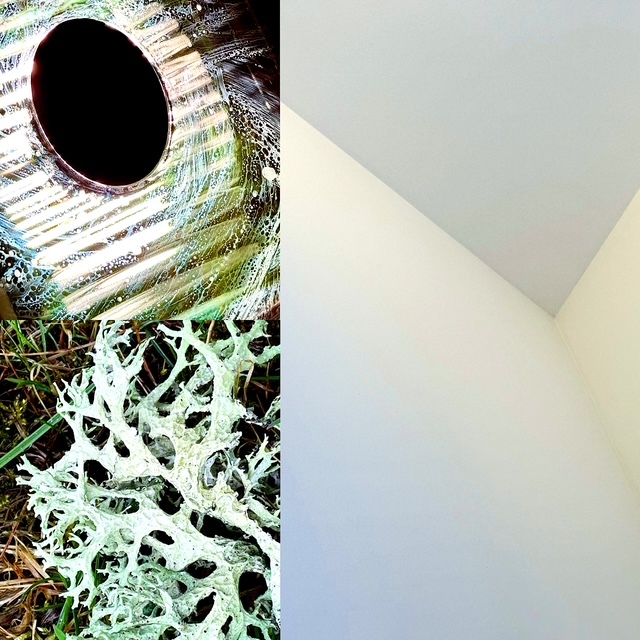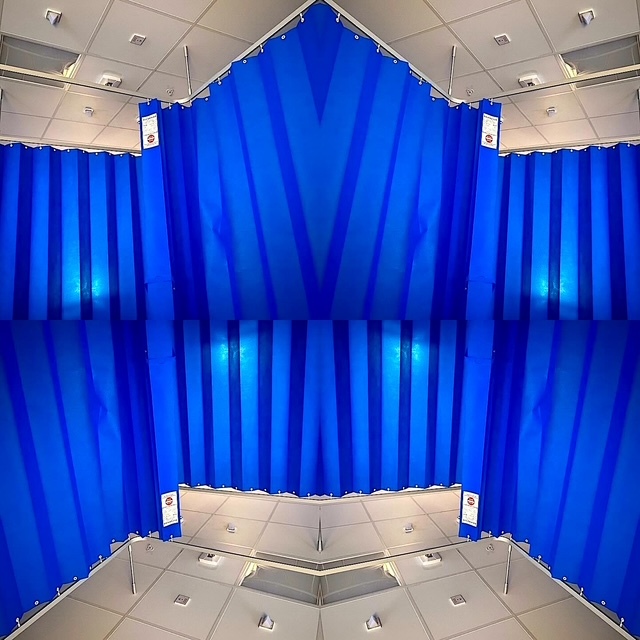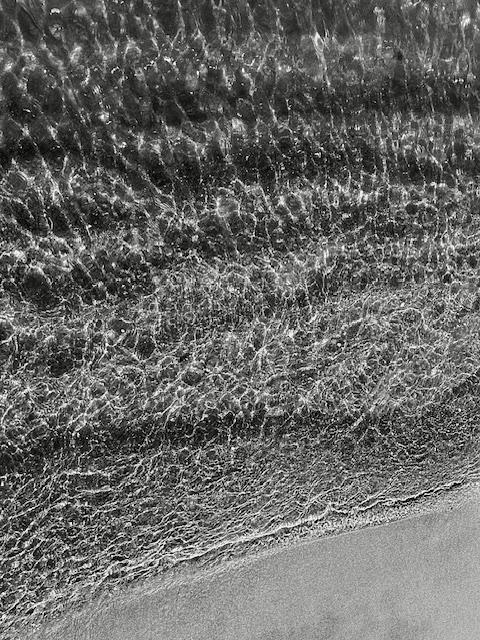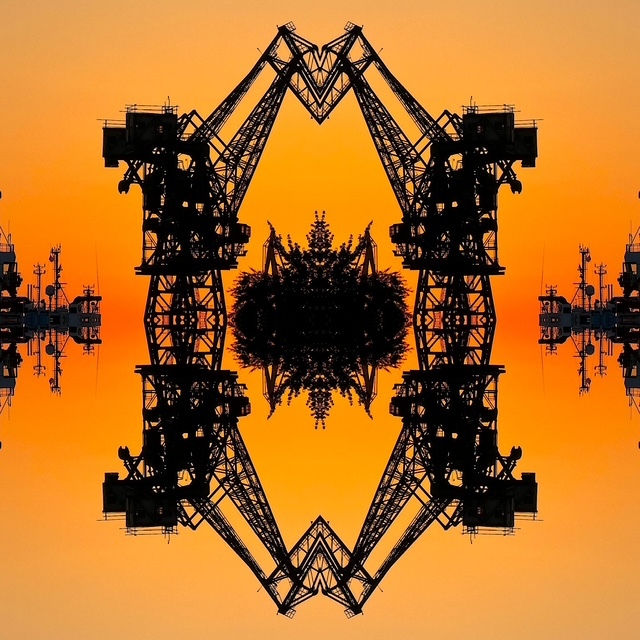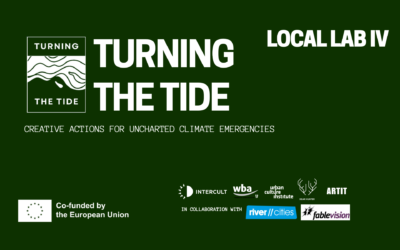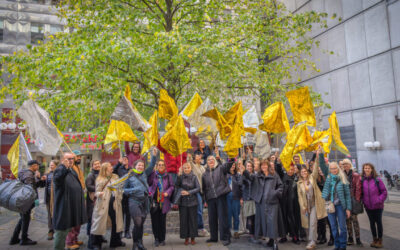When Robyn Woolston joined the International Lab in Gdańsk, Poland, as the Scottish international artist for Turning the Tide, she entered a space of creative exchange and collaborative inquiry that would reshape her practice. Several months after the residency, she reflects on the experience with deep clarity and purpose.
“Participating in the local lab (for Turning the Tide) was a turning point in my socially engaged practice as an environmental practitioner. Bringing together voices from across the arts, local government, academia and activism; the event highlighted the vital role of creative citizenship and cultural work in addressing climate-change.”
The lab created a dynamic environment for connection, where artists, researchers, policy-makers and activists could engage with pressing ecological challenges. Woolston was particularly moved by the ideas explored through care, community and resilience.
“I left inspired by the innovative projects shared, particularly around ideas of care, community and resilience. These are essential for dealing with the climate crisis that threatens our very existence.”
Soon after returning home, Woolston experienced a life-altering shift. She was diagnosed with a brain tumour. This moment profoundly deepened her understanding of care and the interdependence of life.
“Not just as a social or ecological principle, but as a multi-species requirement for life. This deeply personal shift will now inform my next project: an Artist’s Bookwork titled SWELL (much of which was recorded and collated, on residence, in Poland with Turning the Tide).”
SWELL is grounded in the work developed during her time in Poland, but it is now shaped by personal transformation. It brings together environmental insight and intimate experience, holding both urgency and tenderness.
“Embedded within this context, the (Turning the Tide) local lab provided new frameworks, expanded networks and a reinforced sense of purpose. It connected the climate emergency to our collective responsibilities whilst affirming that artistic practice can act as a powerful site for healing, resistance and collaboration.”
Her film, created on-site in Gdańsk during the residency, has already reached audiences across Scotland. It was screened as part of Cairngorms 2030 at the National Park headquarters and in Pledge | Process | Planet at Openspace – The Vault in Grantown-on-Spey. Additional screenings in Govan and Paisley, supported by Fablevision and Turning the Tide, have brought the project full circle, rooting it in local contexts and communities.
“I’m now approaching my work with an equal sense of urgency and tenderness. It is grounded in both personal vulnerability and collective action.”
Woolston’s journey highlights how art can evolve through personal and planetary crises. Her experience at the lab offered a platform for connection and experimentation, while her ongoing work shows how creative practice can open paths toward resilience, reflection and hope.
You can explore Robyn Woolston’s final work for the International Lab here: https://www.turning-thetide.com/robyn-woolston/
